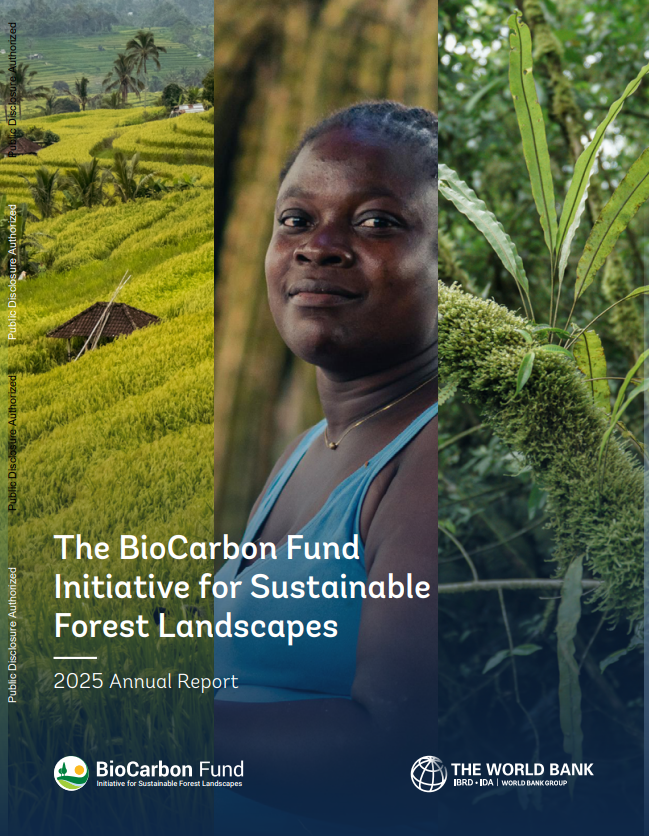Programs across five countries show how protecting forests and supporting communities go hand in hand with preparing for future carbon credit transactions.
The World Bank’s BioCarbon Fund Initiative for Sustainable Forest Landscapes (ISFL) has released its 2025 Annual Report, outlining progress across five country programs — Colombia, Ethiopia, Indonesia, Mexico, and Zambia. The report shows how ISFL is advancing climate action while improving rural livelihoods and protecting forests.
From Zambia, where 73,000 farmers adopted climate-smart agriculture practices, with many boosting yields and incomes despite drought, to Ethiopia, where community forest management and coffee partnerships are creating jobs and empowering women, ISFL country programs are generating results that deliver for people and landscapes. In Colombia, cocoa partnerships have restored 3,800 hectares of land and created 500 rural jobs.
“Across ISFL partner countries, early investments are already transforming lives and landscapes—creating jobs, restoring ecosystems, and building resilience for communities most affected by climate change,” said Shaanti Kapila, Fund Manager, ISFL. “This annual report highlights the collective progress of our partner countries and the breadth of their work on the ground — from private sector investment to boosting incomes for smallholder farmers.”
To date, ISFL has reached 189,000 people, trained 117,000 in sustainable land use, reforested 25,700 hectares, brought 13 million hectares under sustainable management, and leveraged $222 million in public and private finance. Looking ahead, ISFL is preparing for the first payments for verified carbon credits in Ethiopia and Zambia, while Colombia, Mexico, and Indonesia advance toward Emission Reductions Purchase Agreements (ERPAs).

